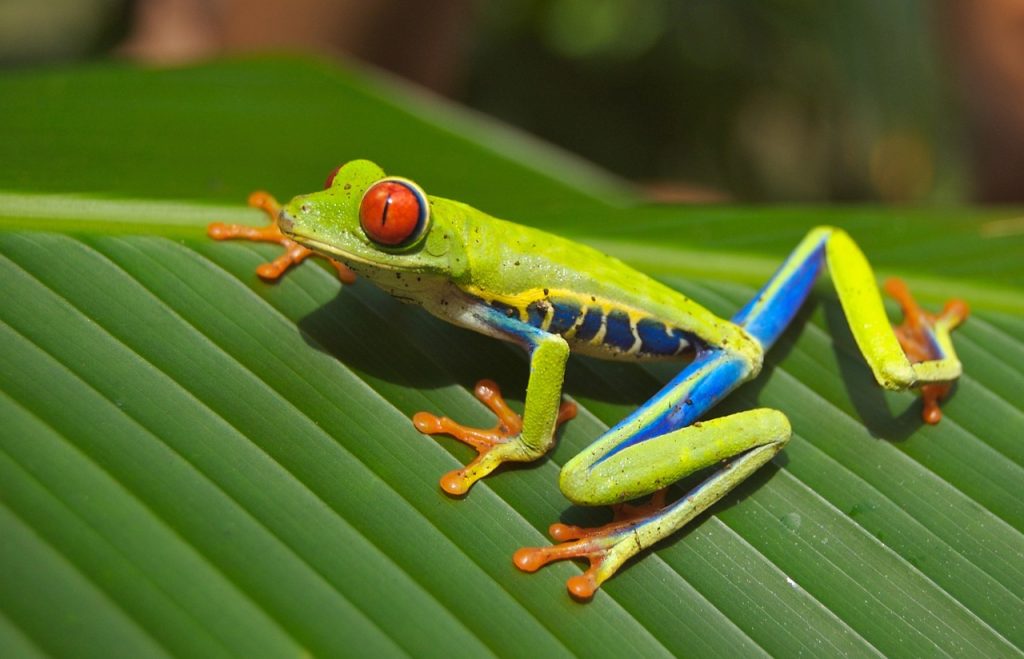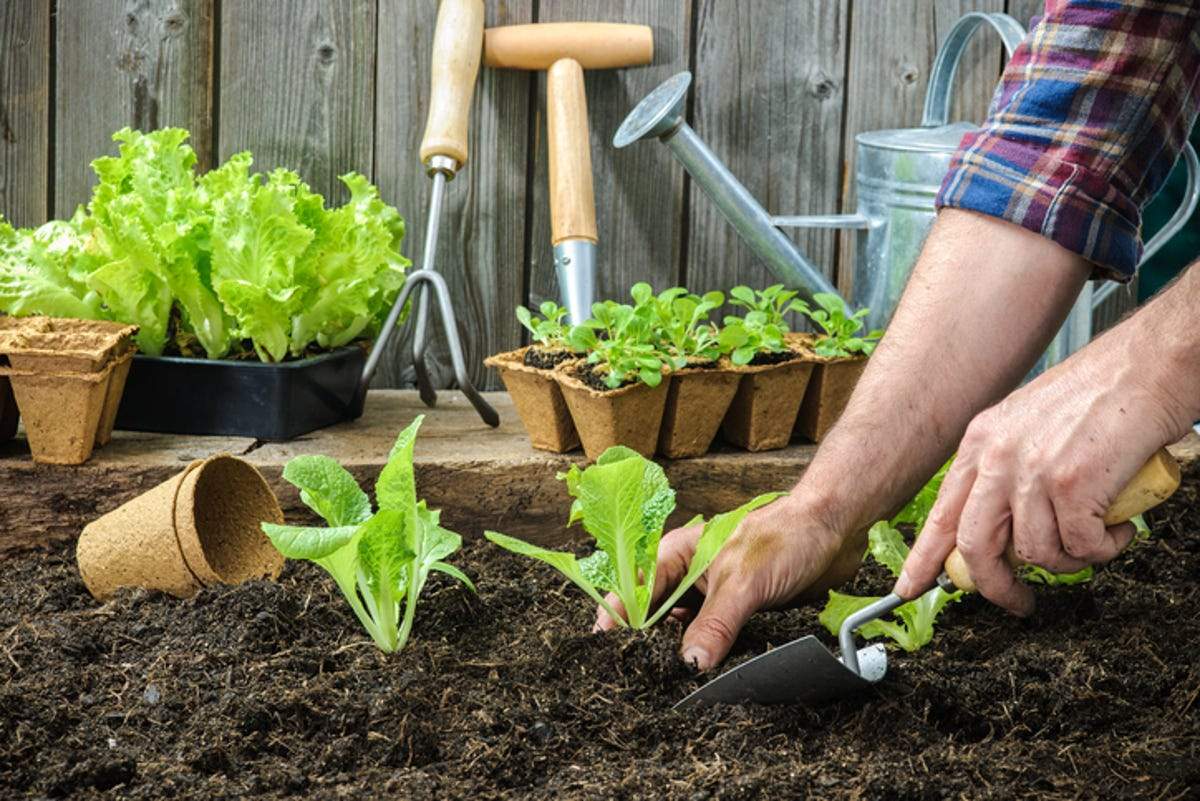In an era where water conservation is paramount, gardeners must embrace innovative strategies to nurture their green havens while minimizing their ecological footprint. From eco-friendly cleaning products to upcycled crafts, sustainability has become a way of life, and our gardens are no exception. Embracing ways to conserve water in the garden not only benefits the environment but also promotes a healthier, more resilient outdoor space. In this comprehensive guide, we’ll explore practical techniques, innovative technologies, and mindful practices that empower you to maintain a flourishing garden while minimizing water wastage.
As we navigate the challenges of climate change and dwindling water resources, it’s crucial to adopt a proactive approach to water conservation in our gardens. By implementing ways to conserve water in the garden, we not only contribute to environmental preservation but also cultivate a more sustainable and cost-effective gardening experience. From composting food scraps to zero-waste grocery shopping, embracing eco-friendly practices has become a necessity, and our gardens are the perfect canvas to showcase our commitment to sustainability.
Read Also: The Greener Wanderer’s Guide: Embracing Sustainable Adventures Worldwide
One of the most effective ways to conserve water in the garden is to choose plants that are native to your region or have low water requirements. These plants are naturally adapted to the local climate and soil conditions, reducing the need for excessive watering. Additionally, grouping plants with similar water needs together in designated hydrozones can further optimize water usage. By implementing these strategies, you not only conserve precious water resources but also create a more resilient and low-maintenance garden ecosystem.
Mulching is another invaluable technique for retaining soil moisture and minimizing water evaporation. A layer of organic mulch, such as wood chips, leaves, or bark, insulates the soil and prevents water from rapidly escaping. Not only does this reduce the frequency of watering, but it also suppresses weed growth, reducing the need for herbicides and manual labor. Incorporating mulch into your gardening routine is a simple yet highly effective way to conserve water while promoting a healthier, more sustainable garden environment.
Read Also: The Best Zero Waste Grocery Stores Near You: A Comprehensive Guide and Comparison
Efficient irrigation systems are game-changers when it comes to ways to conserve water in the garden. Conventional sprinklers and hoses can be wasteful, as a significant amount of water is lost to evaporation and runoff. By transitioning to drip irrigation or soaker hoses, you can deliver water directly to the root zones of your plants, minimizing waste and ensuring optimal hydration. Many modern irrigation systems even incorporate smart controllers that adjust watering schedules based on weather conditions, further enhancing water conservation efforts.
Comparison Table: Irrigation System Efficiency
| Irrigation System | Water Efficiency | Cost | Maintenance |
|---|---|---|---|
| Sprinklers | Low | Low | Moderate |
| Hose and Nozzle | Moderate | Low | High |
| Drip Irrigation | High | Moderate | Low |
| Soaker Hoses | High | Low | Low |
Capturing and utilizing rainwater is another excellent way to conserve water in the garden. By installing rain barrels or cisterns, you can collect and store rainwater for later use, reducing your reliance on municipal water sources. This not only contributes to water conservation efforts but also helps to mitigate stormwater runoff, preventing potential flooding and erosion issues in your community.
Read Also: The Best Eco-Friendly Cleaning Products for Sensitive Skin: A Comprehensive Guide
In addition to implementing water-saving techniques, it’s crucial to monitor your garden’s water usage regularly. Investing in a water meter or flow sensor can help you track your water consumption and identify areas where improvements can be made. By being mindful of your water usage and making adjustments as needed, you can ensure that your garden remains lush and vibrant while minimizing its environmental impact.
Soil health plays a vital role in water conservation efforts. Well-maintained, nutrient-rich soil has a higher water-holding capacity, reducing the need for frequent watering. Incorporate organic matter, such as compost or aged manure, to improve soil structure and enhance its ability to retain moisture. Additionally, consider implementing no-dig gardening techniques, which minimize soil disturbance and preserve the delicate ecosystem of beneficial microorganisms that contribute to healthy soil.
Read Also: Unleashing Nature’s Magic: The Incredible Benefits of Composting Food Scraps and Reducing Waste
Embracing sustainable gardening practices goes beyond water conservation alone. Consider incorporating permaculture principles, which emphasize creating self-sustaining ecosystems that mimic the patterns found in nature. By designing your garden with diversity, resilience, and interconnectedness in mind, you can establish a harmonious balance that reduces the need for excessive water, fertilizers, and pesticides.
As you embark on your water conservation journey, remember that every drop counts. Involve your family and friends in implementing these ways to conserve water in the garden, fostering a sense of collective responsibility and environmental stewardship. Share your successes and challenges with your community, inspiring others to adopt water-wise gardening practices and contributing to a more sustainable future for all.
Read Also: The Ultimate Guide to Upcycled Crafts for Adults: Unleash Your Creativity and Sustainability
In conclusion, embracing ways to conserve water in the garden is not only an environmental imperative but also an opportunity to cultivate a more resilient and sustainable outdoor space. By implementing water-saving techniques, efficient irrigation systems, rainwater harvesting, and soil health practices, you can maintain a lush and vibrant garden while minimizing your ecological footprint. Remember, every drop counts, and by working together, we can create a greener, more water-wise future for generations to come. Embark on this journey today and unlock the secrets to a thriving, water-conscious garden that harmonizes with nature’s delicate balance.








Leave a Reply